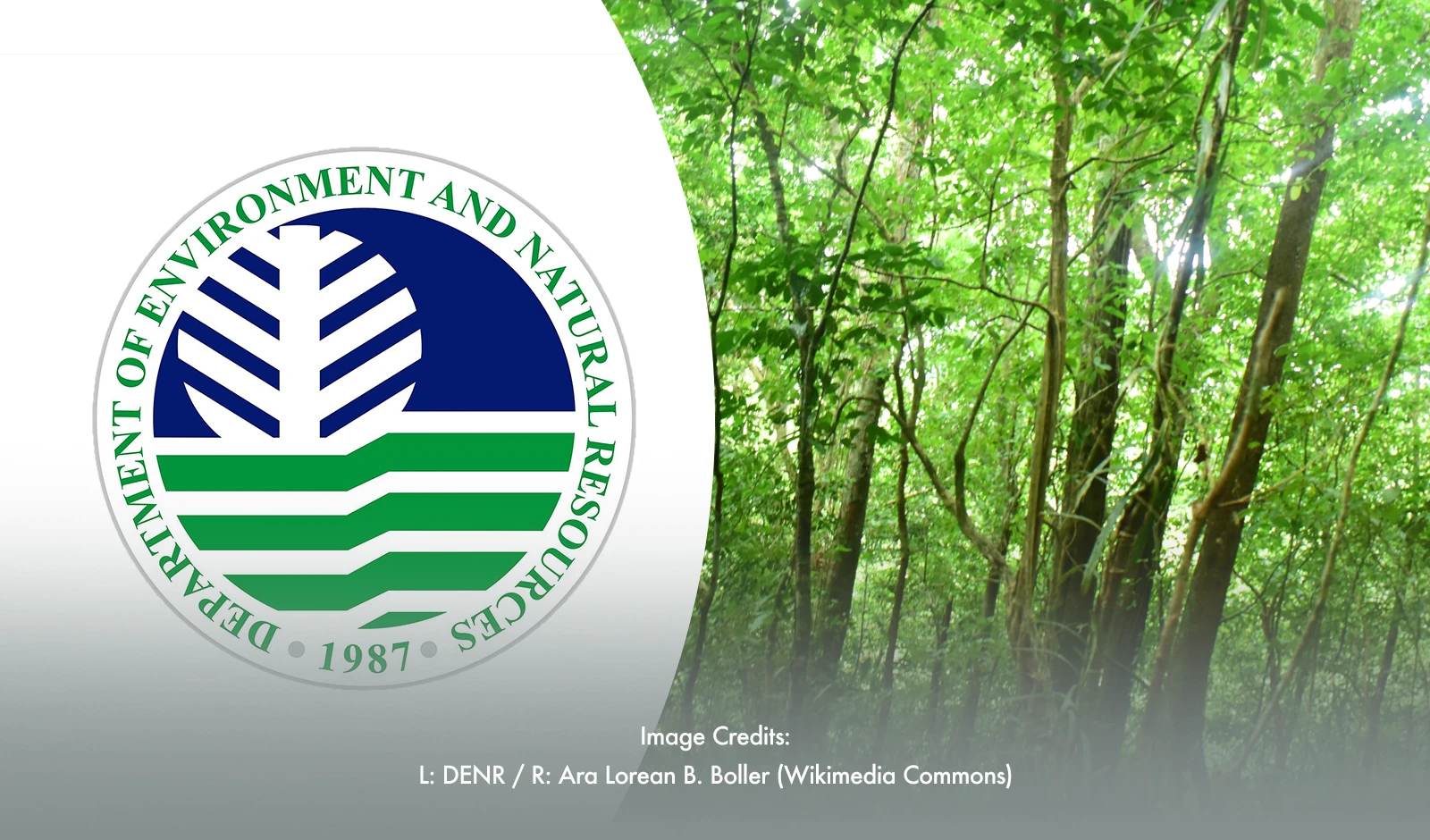A regional task force for illegal logging has been revived by the Eastern Visayas Department of Environment and Natural Resources (DENR) in an effort to lead the fight against deforestation and preserve the region's vital forests and wildlife.
Officials and staff from the Philippine National Police, the Aviation Security Unit, the Philippine Coast Guard, the Provincial Environment and Natural Resources Offices, and the Community Environment and Natural Resources Office make up the regional anti-illegal logging task force.
Task force’s objectives
The DENR brought them together in Tacloban City to acquaint them with their responsibilities, which include preserving the region's remaining forest cover in light of climate change, imposing environmental regulations, and improving the state of the area's forests and wildlife resources.
“We are thankful because our partners in law enforcement have been helping the DENR. It’s time for us to work together as one, because we cannot do it alone. Help us strengthen our advocacy on anti-illegal logging,” DENR Eastern Visayas Regional Executive Director Lormelyn Claudio said.
Initially, the task force will concentrate on setting up 24-hour checkpoints that are monitored by law enforcement and DENR officers.
The task force will also construct a comprehensive database to support operations against illicit logging and provide the task force with the tools it needs to accomplish its goal.
What are they protecting
With the biggest intact areas of lowland rainforest in the Philippines, Samar is a natural habitat for a wide variety of animals.
The Eastern Visayas region has a total forest cover of 505,796 hectares, the majority of which is found in Samar, according to the 2022 report from Forest Foundation Philippines.
Over 38 species of mammals, 215 species of birds, 51 species of reptiles, and 26 species of amphibians make up the region's unique biodiversity, according to the report
Additionally, more than 1,000 plant species—53 percent of which are endemic—call the forests home.







